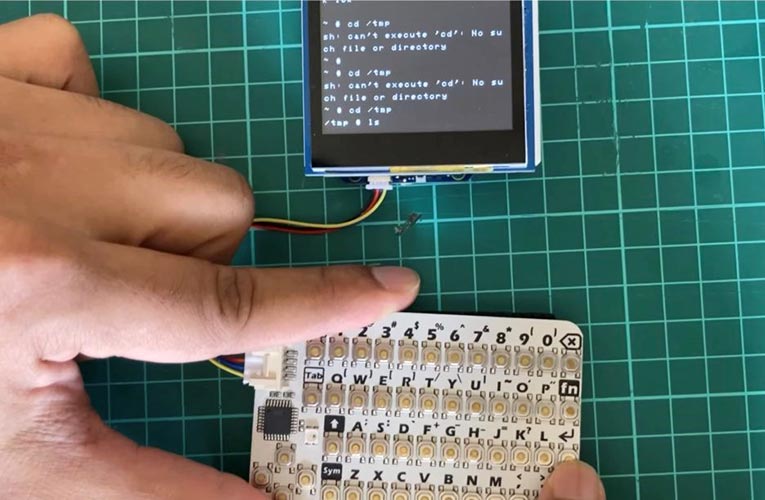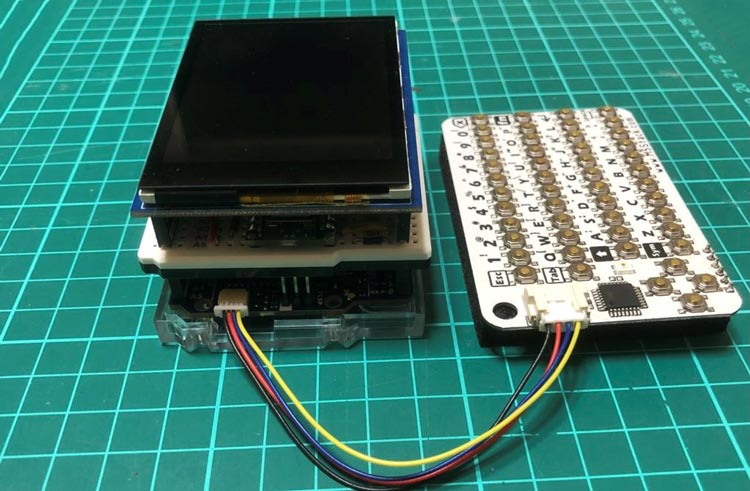
In a fascinating convergence of microcontroller potential and single-board computing ambitions, Naveen Kumar's recent endeavor stands as a testament to innovation. By transforming an Arduino Nano ESP32 development board into an ultra-low-powered, pocket-sized Linux PC, Kumar showcases the ever-evolving capabilities of microcontrollers in bridging the gap between limited firmware and full-fledged operating systems.
Central to this achievement is the ESP32-S3 microcontroller that resides within the Nano ESP32 board. Although its clock speed of 240MHz and 512kB of SRAM may appear modest when viewed through the lens of contemporary PC standards, these specifications were more than sufficient to host a lightweight operating system. The significance lies in how Kumar tackled the challenge of different architectures and instruction sets. Thanks to Max Filippov's successful Linux port for the ESP32's Xtensa instruction set, the Nano ESP32 was able to embrace a Linux OS.

The hardware constellation that brings this project to life encompasses not only the Nano ESP32 but also the Arduino UNO R4 WiFi, a CardKB mini keyboard, and a 2.8″ Adafruit TFT touchscreen. In practice, the Nano ESP32 takes on the role of a headless computer, seamlessly interacting with the UNO R4 WiFi, keyboard, and touchscreen. Through this symbiotic relationship, users can access the command line of the embedded Linux system.
While this miniature marvel might not be primed for the latest gaming sensations, it opens a world of possibilities for those seeking a genuine Linux OS experience. Kumar's project encapsulates the essence of modern innovation – where traditional boundaries are challenged, and a microcontroller's potential is harnessed to create something truly extraordinary.

